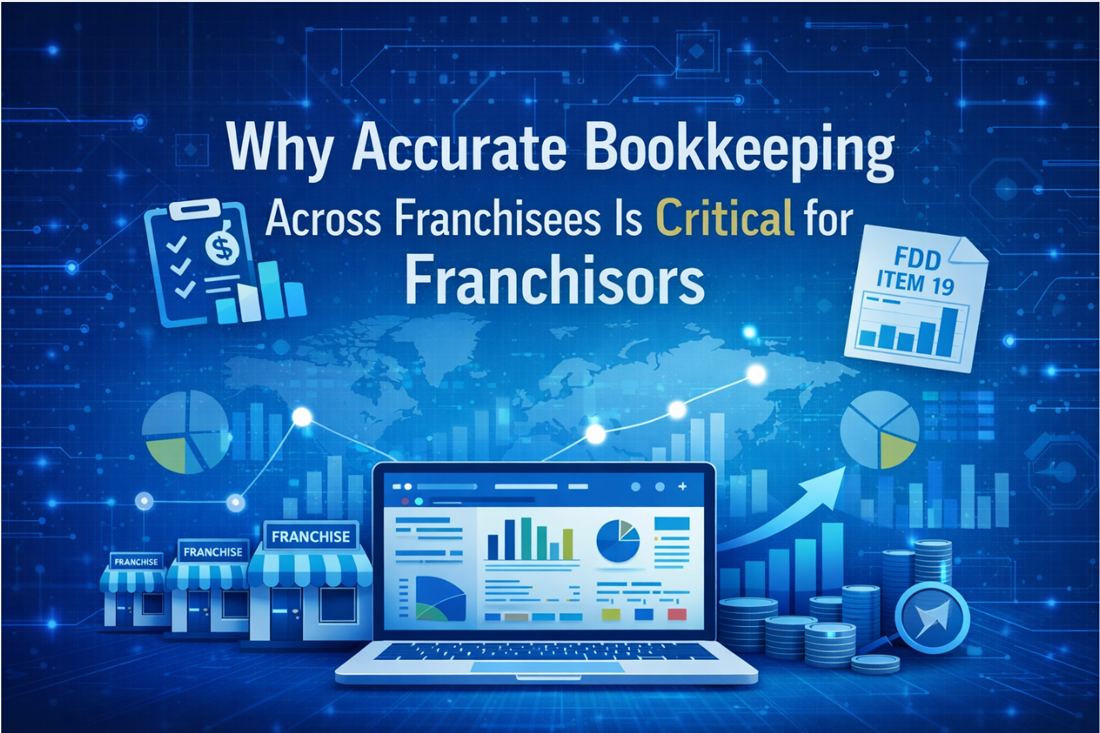This year, make things easier on yourself by planning ahead. You’ll thank yourself for filing business taxes according to the prescribed deadlines. Not only will this save you from sweating over a shoebox full of receipts, but making on-time tax payments will save you from any late fees or interest payments.
To help you with this process, we’ve put together this complete guide for filing business taxes in 2022. You can use the information and the dates we provide to form a strategic plan for preparing and filing your taxes in 2022.
What Is the Business Tax Filing Deadline for 2022?
You may have already marked April 18, 2022, on your calendar to remind you to pay your personal income taxes. This date is a slight change from previous years since April 15 (the common tax deadline) happens to fall on Good Friday.
But what about your small business taxes? The deadlines for filing business taxes depend on how your business is structured. Here are the deadlines for common business types:
Sole Proprietors, LLCs, and C Corporations
April 18, 2022, is the tax deadline for sole proprietors, limited liability companies (LLCs), and C corporations. They all must all file their taxes by this common April due date.
These businesses can also file for a tax extension, and this extension must also be received by April 18. Once your extension is approved, your new tax deadline becomes October 17, 2022.
It’s important to remember that your tax return must be at least postmarked by the due date. If you choose to send a paper return through the mail, take this into consideration to ensure you comply with the April tax deadline.
S Corporations and Partnerships
Some business types must file their taxes earlier than the April 18 tax deadline. For S corporations and partnerships, the deadline is March 15, 2022.
These businesses can also file for a six-month tax extension, which places their final deadline at September 15, 2022. As with the return itself, applications for a tax extension must be postmarked by March 15, 2022.
Estimated Tax Payment Deadlines
It’s quite common for business owners to make estimated tax payments. These payments are made in each quarter, though the deadlines don’t always fall at precise intervals. For the 2022 calendar year, businesses must adhere to the following quarterly tax payment schedule:
- April 18, 2022 (for income received from Jan through March)
- June 15, 2022 (for income received from April through May)
- September 15, 2022 (for income received from June through August)
- January 16, 2022 (for income received from Sept through Dec)
Keeping these estimated tax payment deadlines on your calendar can ensure that you meet your tax obligations. Keep in mind it’s better to overpay than to underpay, as the latter can result in a penalty if your payments are too low.
When Can I Do My Taxes for 2022?
We recommend that business owners not wait until April 17 when filing business taxes. Some entrepreneurs may be particularly eager to file their taxes, hoping to take advantage of deductions based on careful planning on their previous year’s taxes.
Generally, the IRS will begin accepting electronic tax returns by late January. In 2021, the IRS didn’t begin accepting returns until February 12, though this seems to be an anomaly. By January 24, you’ll likely be able to file a business tax return.
This date, of course, assumes you’re ready. Some business owners prefer to have a financial professional or tax services give their tax return a final check before filing to verify its accuracy and ensure that they received all of the deductions and credits to which they’re entitled.
Key Dates
Ready to mark your calendars? Here are all of the important dates for filing business taxes in 2022. You can bookmark this page for future reference or transfer this data to your personal or company calendar, so you never miss a deadline.
- January 20, 2022: Employees who earned over $20 from tips in the month of December must report this income to their employers using Form 1070.
- January 15, 2022: Your fourth-quarter estimated tax payment for 2021 is due on this date.
- January 31, 2022: Employers must send W-2 forms to their employees and 1099 forms to their contractors for earnings from 2021.
- February 10, 2022: Employees who earned over $20 in tips during the month of January must report this income to their employers using Form 1070.
- February 15, 2022: Financial institutions must send Form 1099-B (sales of stocks/bonds/mutual funds through a brokerage account), Form 1099-S (real estate transactions), and Form 1099-MISC unless the sender is reporting payments in boxes 8 or 10.
- February 28, 2022: Businesses must mail Forms 1099 and 1096 to the IRS.
- March 1, 2022: Farmers and fishermen must file individual income tax returns (unless they paid 2021 estimated tax by Jan 18, 2022).
- March 10, 2022: Employees who earned over $20 in tips during the month of February must report this income to their employers using Form 1070.
- March 15, 2022: Corporate tax returns (Forms 1120, 1120-A, and 1120-S) for the tax year 2021 must be filed by this date, or you may file for a six-month extension using Form 7004 (for corporations using the calendar year as their tax year), or Form 1065 (for filing partnership tax returns).
- March 31, 2022: This is the deadline to e-file Forms 1099 and 1098 to the IRS (but not Form 1099-NEC).
- April 11, 2022: Employees who earned over $20 in tips during the month of March must report this income to their employers using Form 1070.
- April 18, 2022: Household employers who paid $2,300 or more in wages in 2021 must file Schedule H for Form 1040.
- April 18, 2022: Individuals must file their personal tax returns for 2021, or Form 1040 or Form 1040-SE. Form 4868 must also be filed by this date in order to request an extension.
- May 10, 2022: Employees who earned over $20 in tips during the month of April must report this income to their employers using Form 1070.
- June 10, 2022: Employees who earned over $20 in tips during the month of May must report this income to their employers using Form 1070.
- June 15, 2022: Second-quarter estimated tax payments for the 2021 tax year must be received by this date.
- June 15, 2022: U.S. citizens living abroad must file individual tax returns (or Form 4868) by this date to receive a four-month extension.
- July 11, 2022: Employees who earned over $20 in tips during the month of June must report this income to their employers using Form 1070.
- August 10, 2022: Employees who earned over $20 in tips during the month of July must report this income to their employers using Form 1070.
- September 12, 2022: Employees who earned over $20 in tips during the month of August must report this income to their employers using Form 1070.
- September 15, 2022: Third-quarter estimated tax payments for the 2021 tax year must be received by this date.
- September 15, 2022: Partnership and S-corporation tax returns for the tax year 2021 must be filed by this date if an extension had been previously granted.
- October 11, 2022: Employees who earned over $20 in tips during the month of September must report this income to their employers using Form 1070.
- October 17, 2022: Final deadline to file individual or corporate tax returns for 2021 using Form 1040 and Form 1120 (if an extension had been previously granted).
- October 17, 2022: Eligible taxpayers who earned $72,000 or less in adjusted gross income during 2021 can use Free File to file their returns by this date.
- November 10, 2022: Employees who earned over $20 in tips during the month of October must report this income to their employers using Form 1070.
- December 10, 2022: Employees who earned over $20 in tips during the month of May must report this income to their employers using Form 1070.
Remember, if you miss one of these important dates, you could face a penalty. At the very least, you might end up paying additional interest on the taxes you owe, so it’s important to keep these dates on your calendar and meet any deadlines that might apply to your business.
Tax Preparation and Planning Made Easy
Filing small business taxes doesn’t have to be a headache. In fact, with the right planning and preparation, your tax return can be the culmination of a year’s worth of hard work and careful strategy.
When you plan ahead for your next tax year, you can take full advantage of any deductions, credits, or other features that can save you money and keep your business financially healthy.
At xendoo, we can help with that. Our team can help you with monthly bookkeeping in addition to helping you plan and prepare your business tax returns. Our tax preparation for small business services can help you save money and meet the IRS requirements, all while relying on our professional team to keep things running smoothly.
Want to learn more? Click here to get started, and our free trial can show you how xendoo’s innovative features can take the stress out of your tax preparation.









